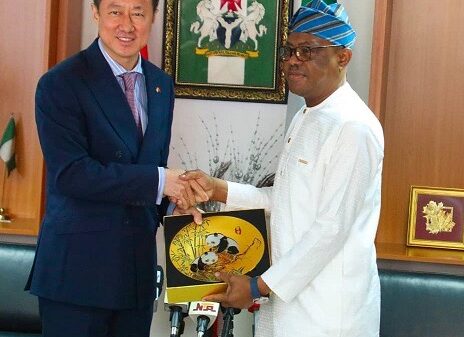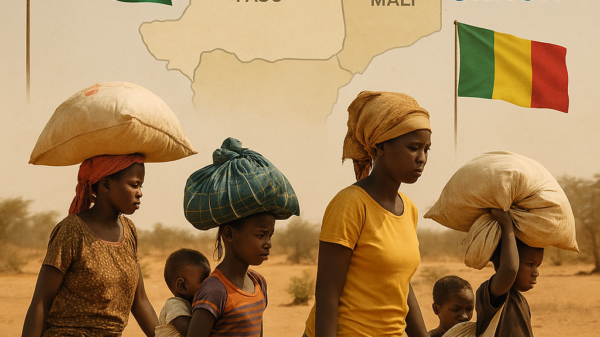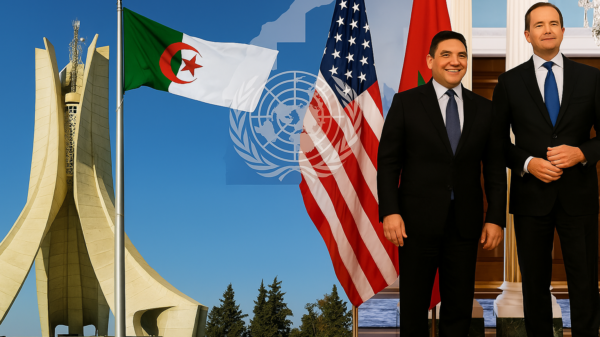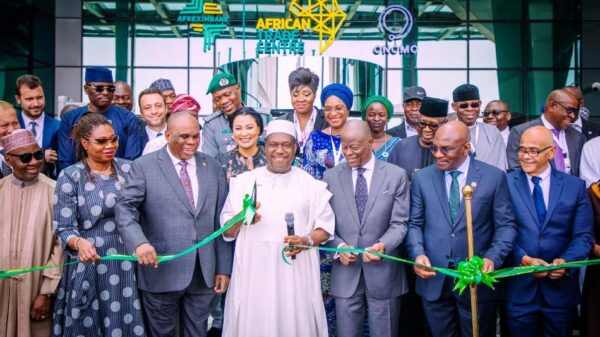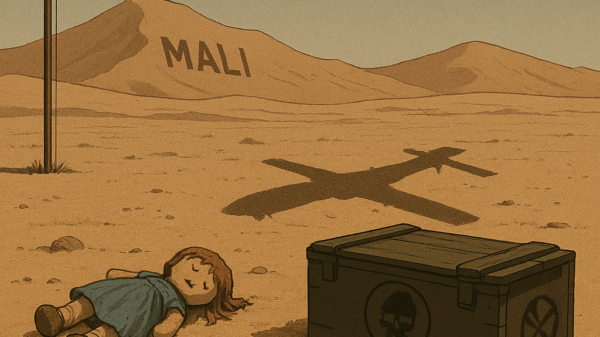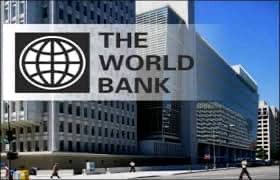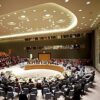The World Bank today approved a $250 million credit from the International Development Association (IDA)* and a $10 million grant from the Energy Sector Management Assistance Program for a 4-year Ghana Energy Sector Recovery Program for Results (PforR). The PforR will support Ghana’s Energy Sector Recovery Programme (ESRP) to improve the financial viability of electricity distribution and increase access to clean cooking solutions.
Electricity distribution losses are high in Ghana due to a low collection rate and below-cost recovery tariffs, undermining the operational and financial performance of energy utilities in the country. The Government of Ghana transfers about 2 percent of GDP annually to cover the energy sector’s financial shortfall.
“Through this important results-based financing, the World Bank is committed to supporting the recovery of Ghana’s energy sector and its financial sustainability. The operation aims to strengthen revenue collection and improve the quality of energy supply, including through investments in prepaid metering and in the commercial and meter management systems of distribution utilities,” said Robert Taliercio, World Bank Country Director for Ghana, Liberia, and Sierra Leone.
The PforR complements regulatory and policy reforms of the energy sector supported under the World Bank’s Development Policy Finance series (such as the IDA-supported First Resilient Recovery Development Policy Financing operation that was approved in January 2024) and the ongoing IMF Extended Credit Facility Program for Ghana. The PforR focuses on improvements in institutional capacity and accountability and provides financing directly to energy sector utilities to implement capital expenditure programs.
“The PforR aims to reduce the cost of electricity service provision by improving the economic dispatch of generation and by strengthening the commercial and operational performance of distribution utilities,” said Dhruva Sahai, Program Leader for Infrastructure.
The Clean Cooking Component of the Program will increase the access of Ghanaian households, schools, and businesses to Liquified Petroleum Gas for domestic and commercial use. The PforR will provide direct incentives to subsidize the cost of stoves and accessories – excluding cylinders – for first-time domestic users, commercial caterers, and second-cycle schools. Through these efforts, the Program aims to increase women’s access to clean cooking solutions, reduce time poverty, reduce health risks from smoke exposure from charcoal stoves, and improve women’s income generating opportunities and employability.
*The International Development Association (IDA), established in 1960, helps the world’s poorest countries by providing grants and low to zero-interest credits for projects and programs that boost economic growth, reduce poverty, and improve poor people’s lives. IDA is one of the largest sources of assistance for the world’s 74 poorest countries, 39 of which are in Africa. Resources from IDA bring positive change to the 1.3 billion people who live in IDA countries. Since 1960, IDA has provided $458 billion to 114 countries. Annual commitments have averaged about $29 billion over the last three years (FY19-FY21), with about 70 percent going to Africa. Learn more online: IDA.worldbank.org. #IDAworks.







